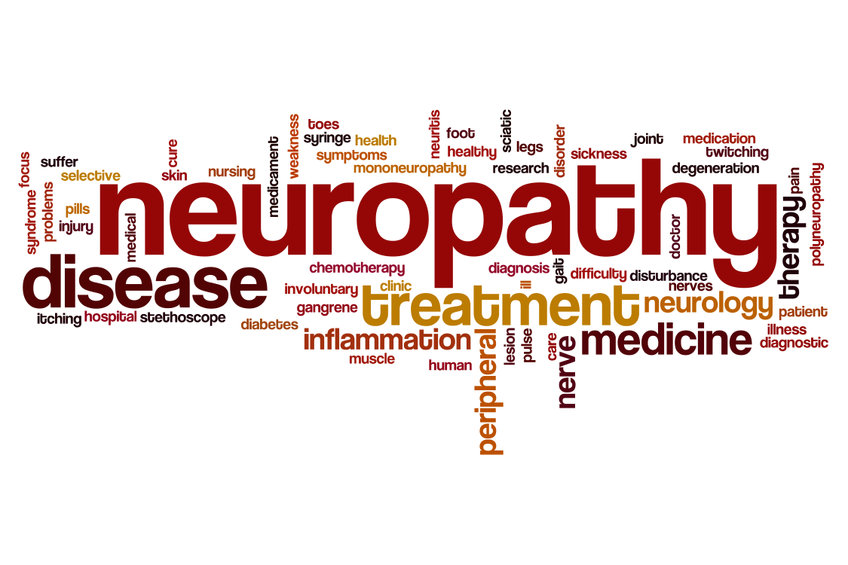Peripheral Neuropathy is a common neurological condition affecting up to 20% of the population. This article covers everything you need to know about this condition and its possible treatment options.
What is Peripheral Neuropathy?
Neuropathy refers to nerve damage or dysfunction. Peripheral neuropathy is a condition that affects the peripheral nervous system, which is made up of nerves that carry signals from your spinal cord to your muscles and other body parts.
Peripheral neuropathy can affect any part of the body, but it most commonly affects the feet and hands. It can cause pain, tingling, numbness, or muscle weakness in your arms, hands, or legs. The symptom’s severity varies significantly from person to person. Peripheral Neuropathy is commonly caused by diabetes but can also be caused by vitamin deficiencies and other factors.
What Are the Symptoms of Peripheral Neuropathy?
Peripheral Neuropathy symptoms can vary from person to person, depending on the cause and severity of the condition. The most common symptoms are tingling, burning, or numbness in your hands or feet. You may also feel weak or experience muscle cramps, pain, and swelling in your hands or feet. Other symptoms include loss of balance or coordination, muscle spasms, stiffness, and weakness, pins and needles sensations (paresthesia), temperature change sensitivity (hypo- or hyperthermia), weakness with knee-buckling (drop foot), difficulty walking due to pain, difficulty sleeping due to pain, and more.
What Are the Different Treatment Options For Peripheral Neuropathy?
There are several different treatment options for Peripheral Neuropathy. A common treatment is medication to reduce the symptoms of pain and weakness. Treatments for Peripheral Neuropathy depend on the cause of the condition and how severe it is. Treatment may include taking prescription medications, physical therapy, dietary changes, and lifestyle changes.
1. Antiepileptic Drugs (Anticonvulsants)
These drugs help control seizures and have also been found to help with some symptoms associated with neuropathy. However, they may have side effects like dizziness, drowsiness, and weight gain.
2. Nonsteroidal Anti-Inflammatory Drugs (NSAIDs)
These can help alleviate some of the pain associated with neuropathy by reducing inflammation in your body. Side effects may include stomach pain and bleeding.
3. Corticosteroids
These types of medication can help relieve inflammation and swelling in your body by suppressing your immune system. They can also have side effects like weight gain and high blood pressure if taken over a long period of time.
4. Opioids
Opioids such as morphine can be used for acute pain management, especially if your symptoms are severe enough to require hospitalization. However, these drugs can be addictive and should be taken cautiously because they may worsen symptoms over time.
5. Acupuncture
Acupuncture has been used to treat Peripheral Neuropathy for over 2,000 years. Ancient Chinese peoples believed that the body has energy channels called meridians and that disease occurs when these channels are blocked. In addition to being effective for treating many types of pain, acupuncture has also been shown to improve sleep quality in people with Peripheral Neuropathy.
Natural Life Acupuncture & Wellness can help you effectively manage pain if you are a patient with Peripheral Neuropathy. Contact them to learn more about their areas of expertise and services.

